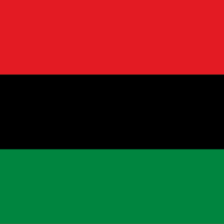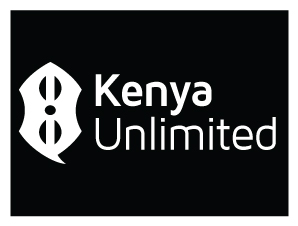KenyaUnlimited has relaunched at a new online home unlimited.ke
KenyaUnlimited is a curated feed of the latest blog posts written by selected Kenyan bloggers around the world. It showcases the latest posts and podcasts from over 100 interesting Kenyan bloggers. Our slogan is “freedom to seek, receive or impart information or ideas” which we draw from Article 33 (1) (a) of The Constitution of Kenya, 2010.
In 2003 Daudi formed the Kenyan Bloggers Webring (KBW) to make it easier for Kenyan bloggers to find, connect and interact with each other. KBW provided support to help people who wanted to start blogging and who had difficulties with technical issues on their blogs.KBW was membership based, although membership was free, bloggers had to apply to join the webring and display a KBW badge on their blog after they joined. As the Kenyan blogosphere grew rapidly KBW amended its membership model to reflect and accommodate these changes. KBW members created a powerful online community that was a trusted source of credible information on Kenya. KBW was an inclusive community of all who felt kinship with Kenya no matter where they lived in the world and no matter what citizenship they held.
Eventually several other organisations concerned with the welfare of bloggers were founded and flourished reducing the need for a webring and KenyaUnlimited went into hibernation.
In 2020 we are reviving the KenyaUnlimited aggregator. The rise of social media has made it easier to locate quick and fast moving conversations. It has also made it more challenging to keep track of interesting conversations in the Kenyan blogosphere that often get lost in the volume of information. Aggregators like KenyaUnlimited provide a filter to help you manage the flow of your information hose pipe. By curating and consolidating content from the most exciting and interesting Kenyan blogs we make it easier to locate new blogs and to keep up with the conversation.
Over the last 17 years our online home has moved from kenyaunlimited.com to kenyaunlimited.co.ke to this the current and, hopefully, permanent home: unlimited.ke. While the urls, logos and community has changed and grown. Our values have not. KenyaUnlimited takes human rights standards seriously, we believed that no one should suffer discrimination on the basis of race, colour, ethnicity, gender, age, language, sexual orientation, religion, political affilication or other opinion, national, social or geographical origin, disability, property, birth or other status. KenyaUnlimited has always been an inclusive space. We intend for it to continue like that.
If you’d like to have your blog listed, this form is for you. If you’d like your blog removed, drop us a line. If you’d like to know more about how all this works, check out the FAQs.

